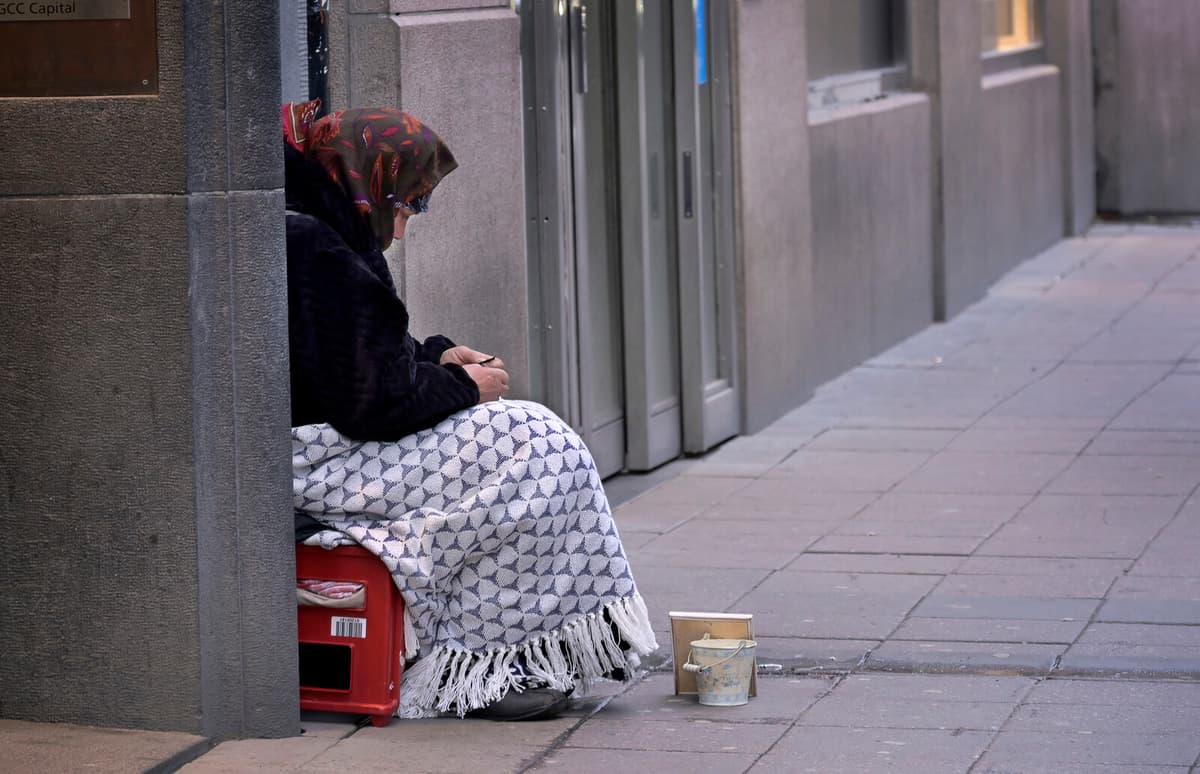Vulnerable EU citizens began coming to Sweden on a larger scale in the early 2010s. Most came from Romania and Bulgaria, often with family members, relatives, or friends. Some came to beg, while others came to pick berries or seek employment.
In the spring of 2014, they were estimated to number around 2,100 individuals, according to the government's previous investigator Martin Valfridsson. By 2015, the number had increased to around 5,000.
Since then, a slight decrease has been noted. In 2018, the national coordinator for vulnerable EU citizens in Sweden estimated the number to be around 4,800 people.
"Lack of control"
The number of people begging on the streets today is unknown, according to the Stockholm County Administrative Board, which had the task of national coordinator.
It's not as common in the street scene today, I think most people would agree, says Jonas Melinder, who works at the unit for social development and was previously part of the national coordinator's team.
But an inherent problem is that you don't have control over people who come within the framework of free movement. It doesn't happen at entry points, and there is no subsequent control over whether they have been here for three months or longer.
Beggars have previously testified that the willingness to give and the lack of cash have reduced their income. But the fact that vulnerable EU citizens are not visible in the street scene does not necessarily mean they are fewer, according to Melinder.
We could see during our work that they had other ways of earning money than begging. One example is that young people were forced to steal.
Exploited by criminals
The police stated in a report in 2015 that a smaller part of begging had connections to organized crime and was controlled by criminals, often of the same nationality as the victims.
The national coordinator simultaneously pointed out in its final report that begging was a smaller part of EU citizens' vulnerability, while labor exploitation in industries such as construction and restaurants was much more common.
As far as is known, around 14 municipalities have so far introduced local begging bans. There is no current compilation of the effect this has had, but fines have been reported in a few cases.






